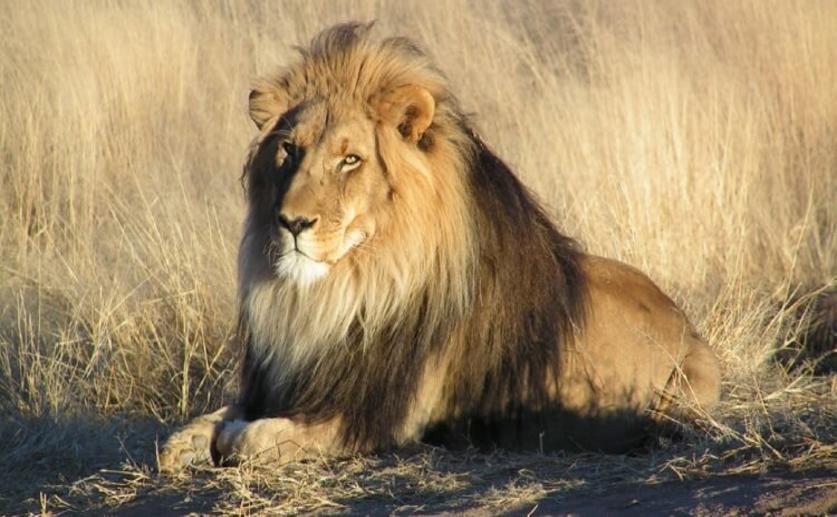
This archived news article is over 5 years old.
Male Mammals Use Vocalizations to Exaggerate Their Body Size When Facing Competition
Joanna Lawrence
9th September, 2016


Joanna Lawrence
9th September, 2016
